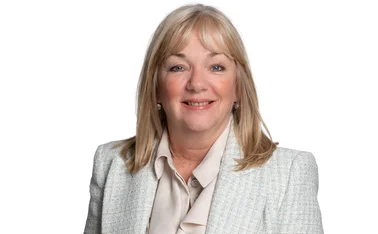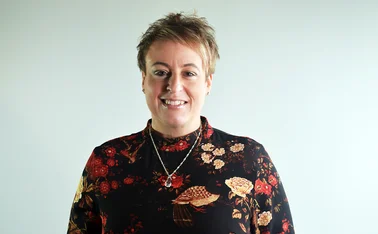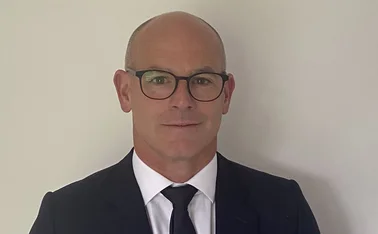
Broking success: thinking outside the box

Staysure’s Ryan Howsam talks to Liz McMahon about his journey from golf tours to £30m in gross written premiums, and putting together a new structure to overhaul the travel insurer’s product base
How did you get into broking?
By accident of course. I was in travel, and as part of that I had a deal with a golf tour operator where I dealt with a number of retailers. JJB Sport asked if I could provide golf insurance so I decided to have a go and put some technology together. Although I knew nothing about it, I could see that it was possible to apply the same model to travel insurance. It was a natural progression. I founded Staysure in 2004. There was no real big vision, I just created the
Only users who have a paid subscription or are part of a corporate subscription are able to print or copy content.
To access these options, along with all other subscription benefits, please contact info@insuranceage.co.uk.
You are currently unable to print this content. Please contact info@insuranceage.co.uk to find out more.
You are currently unable to copy this content. Please contact info@insuranceage.co.uk to find out more.
Copyright Infopro Digital Limited. All rights reserved.
As outlined in our terms and conditions, https://www.infopro-digital.com/terms-and-conditions/subscriptions/ (point 2.4), printing is limited to a single copy.
If you would like to purchase additional rights please email info@insuranceage.co.uk
Copyright Infopro Digital Limited. All rights reserved.
You may share this content using our article tools. As outlined in our terms and conditions, https://www.infopro-digital.com/terms-and-conditions/subscriptions/ (clause 2.4), an Authorised User may only make one copy of the materials for their own personal use. You must also comply with the restrictions in clause 2.5.
If you would like to purchase additional rights please email info@insuranceage.co.uk







